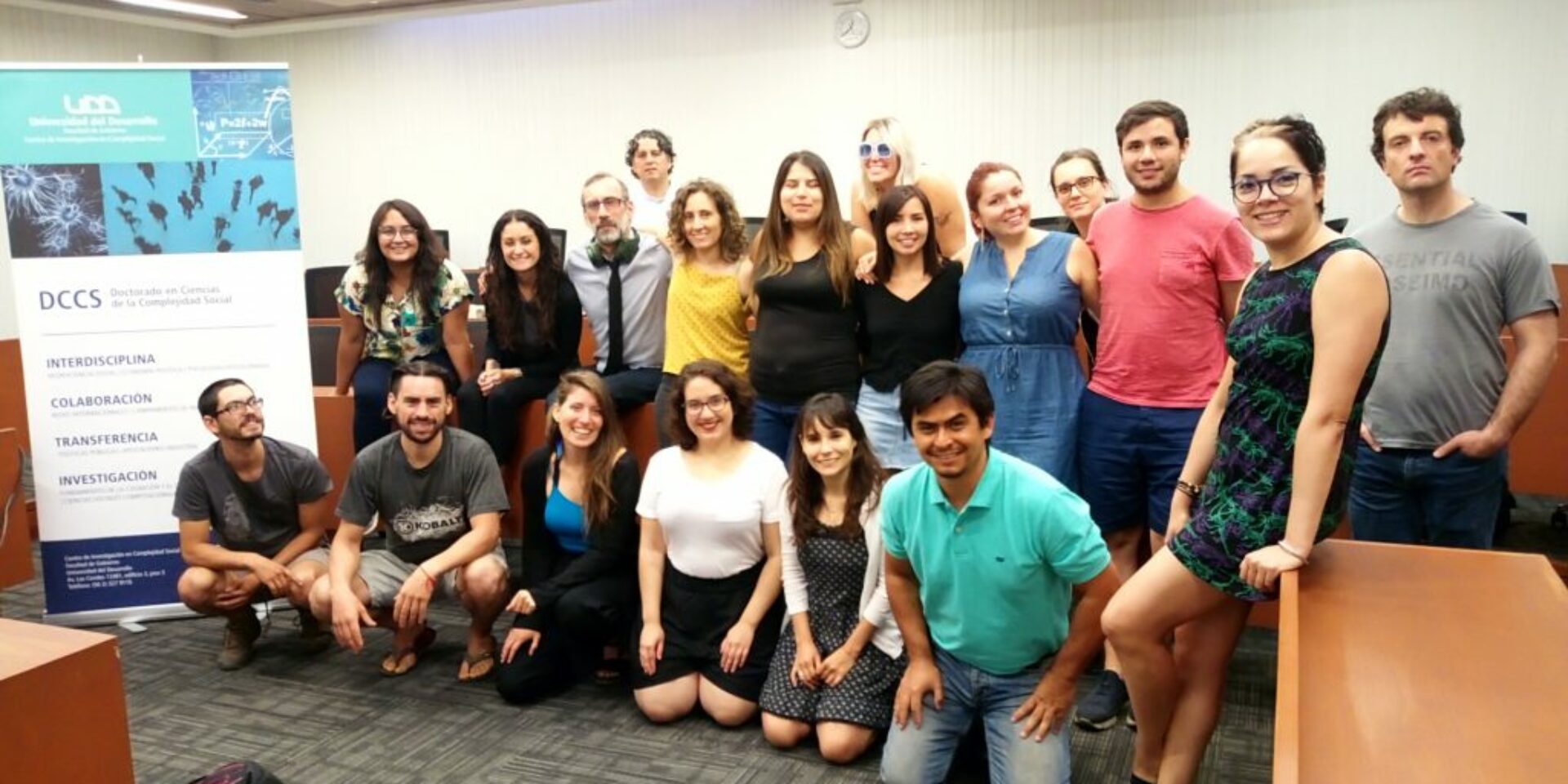
FONDECYT INITIATION: Exploring the roots of singing through a vocal learning paradigm in marine mammals
Code: N°11201224
Start date: 01-11-20
End date: 31-10-23
Funding: National Agency for Research and Development ANID.
José Francisco Zamorano Abramson (Principal Investigator)
Collaborating Institutions:
Participants:
UDD
From other institutions:
Project description:
Singing, like speech, is a behavior that is universal in the human species and is based on the ability to vocally learn complex sounds. Discovering how our ancestors acquired both abilities remains one of the greatest unsolved mysteries of human evolution. Darwin proposed that speech owes its origin to the ability to learn to vocalize patterns of musical sounds, in analogy to the learning of birdsong. Surprisingly, comparative evidence shows that the capacity for vocal learning is uniquely human among primates, but is nevertheless shared with some marine mammals. This provides an opportunity to test hypotheses about the origins of song. Most studies in these species have focused on speech-like vocal learning and have all but ignored the study of vocal learning of music, and when done, have focused on perceptual processes, largely overlooking the productive domain. What is urgently needed today, therefore, are new studies focused on the «production» of musical features in animals that are capable of vocal learning, especially in the few non-human mammals that possess this ability. The purpose of this work is to address this gap by exploring the link between vocal imitation and the origin of singing through a research project that will investigate whether marine mammals are capable of learning musical sound patterns through a process of vocal imitation.
In summary, with this series of experiments we have set out to further explore whether marine mammals are able to vocally imitate musical sound patterns, contributing to the question of how singing evolved and the evolutionary process required for the emergence of language and music.